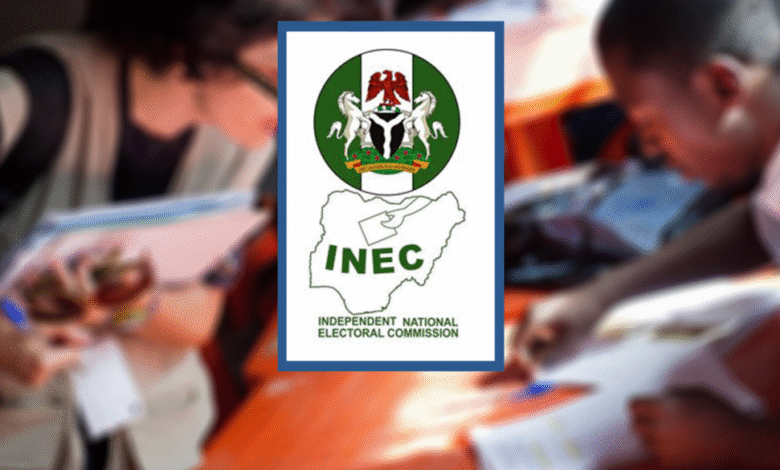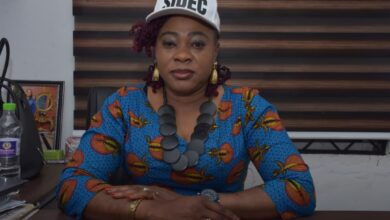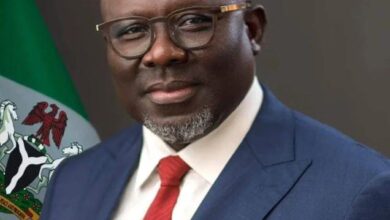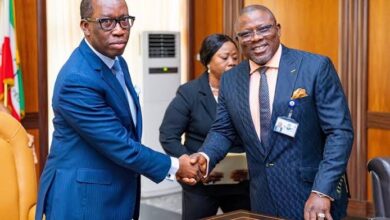INEC May Spend ₦870 Billion on 2027 Elections — Ex-Yakubu Adviser Warns

Nigeria’s Independent National Electoral Commission (INEC) could spend as much as ₦870 billion to organize the 2027 general elections, a former top adviser has revealed.
Professor Bolade Eyinla, who served as Chief Technical Adviser to the immediate past INEC Chairman, Prof. Mahmood Yakubu, made the projection in Abuja during the Yiaga Africa 2027 Elections Scenarios and Election Manipulation Risk Index (EMRI) Retreat.
Eyinla’s remarks came only days after Yakubu completed his ten-year tenure on October 7, 2025.
He described Nigeria’s elections as one of the world’s largest peacetime operations requiring massive financial, logistical, and technological resources.
According to him, the ₦870 billion estimate reflects the realities of managing 93 million registered voters, 176,846 polling units, and 1,558 constituencies nationwide.
Eyinla traced the cost trajectory of Nigeria’s elections over the years.
He said the 2015 elections gulped ₦109 billion ($662 million), 2019 elections cost ₦189 billion ($619 million), while ₦355 billion ($628 million) was spent in 2023.
Adjusting for inflation, operational expansion, and exchange rate changes, he argued that the ₦870 billion projection for 2027 remains realistic.
He explained that on a per-voter basis, the cost stands at $6.72, aligning with international averages for transitional democracies.
“In comparative terms, Nigeria’s election cost is among the lowest in Africa,” Eyinla said.
“Kenya spent $25.9 per voter in 2017 and $14.9 in 2022; Ghana spent $13.1 in 2016 and $7.7 in 2020; while South Africa recorded $5.1 in 2019 and $7.1 in 2024.
Even India, the world’s largest democracy, spent $8.5 per voter in 2019.”
He stressed that inflation, the exchange rate, and the Consumer Price Index will heavily influence the 2027 cost estimate.
If managed prudently, INEC may require around $600 million (₦870 billion) to deliver a credible election.
Eyinla reminded stakeholders that Section 3(3) of the Electoral Act 2022 mandates that election funds be released at least one year before polling.
Hence, he said, the commission’s funding must be spread across the 2025, 2026, and 2027 fiscal years.
He emphasized the importance of efficient resource management to ensure cost-effectiveness without compromising election integrity.
According to him, the Bimodal Voter Accreditation System (BVAS), Automatic Finger Identification System (AFIS), and Automatic Biometric Identification System (ABIS) remain central to credible elections.
In 2023, voter registration and accreditation devices consumed 35% of INEC’s total budget, and similar costs are expected in 2027.
He added that INEC faces daunting challenges deploying materials and personnel to over 200,000 polling locations, including riverine, mountainous, and conflict-prone regions.
The agency, he said, depends on service providers for vehicles, boats, aircraft, and armed escorts to ensure safe delivery of election materials.
Eyinla concluded by urging government and stakeholders to guarantee timely funding, transparency, and accountability ahead of the 2027 polls.
Post Views: 194





